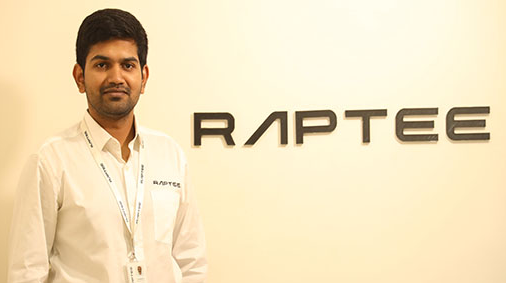Once-Valued EdTech Giant Offloads U.S. Assets at Massive Loss Under Bankruptcy Supervision
Byju’s, once India’s most valuable edtech startup, has completed the distressed sale of two of its major U.S. acquisitions, Epic! and Tynker, at a small fraction of their original purchase prices, signaling the deepening financial turmoil within the company.
Massive Losses on Former Flagship Acquisitions
In 2021 and 2022, Byju’s had aggressively expanded into the U.S. market with high-profile acquisitions, aiming to become a global education leader. It purchased:
- Epic!, a children’s digital reading platform, for $500 million
- Tynker, a coding education platform for K-12 students, for $200 million
However, in a court-approved sale on May 20, 2025, Epic! was sold to Chinese edtech firm TAL Education Group for just $95 million, and Tynker was acquired by U.S.-based CodeHS for only $2.2 million in cash, according to filings in the U.S. Bankruptcy Court for the District of Delaware.
These sales mark a dramatic erosion of value and were conducted under a court-supervised auction following financial disputes between Byju’s and its creditors.
Why the Fire Sale Happened
The transactions were executed as part of a larger restructuring of Byju’s Alpha, the company’s U.S. unit, which became the subject of legal disputes after it defaulted on a $1.2 billion term loan.
Lenders alleged mismanagement, fund diversion, and failure to maintain financial transparency. Notably, a controversial $533 million transfer to an undisclosed hedge fund entity remains under investigation, as creditors demanded clarity about the transaction.
In 2024, lenders filed an involuntary Chapter 11 bankruptcy petition in the U.S. to protect Byju’s U.S. assets and prevent further fund misallocation. A U.S. judge even held a key executive in contempt for failing to provide adequate disclosures about financial transactions.
Also Read: Rumik.ai Secures $5 Million Funding Round Led by Elevation Capital
Buyers’ Strategic Motives
- CodeHS, the new owner of Tynker, said it plans to integrate the platform into its existing suite of coding education tools, aiming to serve more schools across North America. The company’s CEO, Jeremy Keeshin, said the acquisition would enhance their offerings and make computer science more accessible to K-12 students.
- TAL Education Group, listed on the NYSE, will add Epic! to its digital content offerings, though the acquisition may require scrutiny from the Committee on Foreign Investment in the United States (CFIUS) due to its Chinese ownership.
Mounting Challenges for Byju’s
Byju’s, which was once valued at $22 billion, has seen its market value plummet, reportedly now under $1 billion, as per Bloomberg reports. Despite raising billions from marquee investors like Sequoia Capital, Chan Zuckerberg Initiative, and BlackRock, the company has suffered due to:
- Delayed filing of financial statements for FY23, FY24, and FY25
- Misaligned acquisitions that failed to generate expected revenue
- Leadership churn and auditor exits (Deloitte resigned in 2023)
Amid growing distrust, some of Byju’s Indian acquisitions, such as Great Learning and Aakash Institute, have begun operating independently to distance themselves from the parent brand.
No Clarity Yet on the Future
Byju’s has remained largely silent during this period. Multiple media outlets reported that the company did not respond to queries regarding the fire sale. Meanwhile, Indian regulators and the Ministry of Corporate Affairs have reportedly been monitoring the situation closely.
The sale of Epic! and Tynker is expected to offer limited relief for lenders, but industry observers believe more asset sales may be on the horizon as Byju’s attempts to stabilize and restructure its debt.
Conclusion
The forced sale of Epic and Tynker underscores Byju’s steep fall from a global edtech leader to a company struggling for survival. As regulatory scrutiny grows and creditors seek answers, Byju’s future hinges on transparent restructuring, fiscal discipline, and regaining trust from investors, partners, and the broader education technology community.
Also Read: Subhash Chandra: The Media Mogul Who Revolutionized Indian Television
























